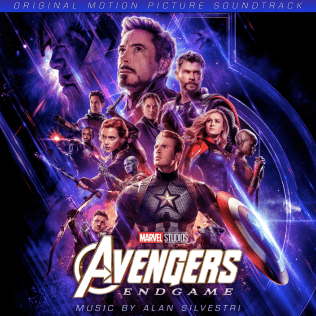
3-D is useful only when it comes to a "wow!" factor it's putrid for subtleties like the ones employed by Johnston.

Having seen the movie in 2-D, I can't comment on whether the 3-D version compromises Johnson's use of slightly muted colors and carefully modulated lighting, but it's a good bet. Despite the different characters and subject matter, the movies are peas in a pod. When it comes to re-writing World War II history, Quentin Tarantino did it better in Inglourious Basterds.ĭirector Joe Johnston uses a similar aesthetic here to the one he applied to The Rocketeer, another comic-inspired period piece. However, instead of going after Hitler, Captain America gets sidetracked and ends up tangling with Red Skull and the secret society he has created. Abraham Erskine (Stanley Tucci) using the "raw material" of Rogers' body, is initially employed as a propaganda figure for selling war bonds (he has a catchy theme song written by Alan Menken) before he is sent on a rescue mission behind enemy lines. Captain America, a super-soldier created by ex-German scientist Dr. In this case, we get a period piece - a re-imagination of some of what went on behind the scenes in the struggle against the Nazis. The thing that differentiates Captain America from the umpteen other superheroes who have trodden across screens this summer is that the action takes place neither on modern-day Earth nor in outer space. Visual chicanery comes into play with Hugo Weaving, whose Red Skull looks like something out of the Star Wars cantina. Jones is as fun as ever, using his familiar crusty personality to its best advantage.

As best I can tell, no special effects are needed for Hayley Atwell (who plays Rogers' love interest, Agent Peggy Carter), Sebastian Stan (Rogers' best friend and later Captain America's sidekick, Bucky Barnes), or Tommy Lee Jones (Captain America's commanding officer, Col. In fact, the computer enhancements are so good that I couldn't determine whether they were also used to "beef up" Rogers after he undergoes the treatment that transforms him into bulky, hunky Captain America. The CGI work, it must be said, is at times exceptional, believably transforming actor Chris Evans into 90-pound weakling Steve Rogers. As bad as the Transformers movies are, at least Michael Bay thinks big. The final confrontation is disappointing, lacking scope and energy. So much time and effort is expended explaining how the protagonist gains his super-powers (and exploring his initial usage of them) that there's not enough opportunity to develop a compelling storyline beyond his "baptism." Then there's the issue of the main villain, Captain America's classic adversary Red Skull, who comes across as a James Bond-type take-over-the-world megalomaniac and isn't given a lot to do except exude over-the-top nastiness. (Joss Whedon, director of The Avengers, allegedly had limited input to the Captain America script.)Ĭaptain America falls into the prevalent pitfalls of origin stories. The whole purpose of telling Captain America's origin story is so that when he appears in The Avengers, he will have a background. Captain America may be the worst offender. That's one thing that has been increasingly annoying about the recent batch of Marvel movies - The Incredible Hulk, Iron Man 2, and Thor - they seem less like stand-alone motion pictures than advertisements for The Avengers. In fact, were it not for his participation in The Avengers, one wonders whether the World War II patriot would have made it to the screen.Īlthough most of Captain America transpires in the 1940s, it is bookended by modern-day scenes that serve little purpose beyond setting up The Avengers. Despite being the most venerable character in Marvel's line-up (he first appeared in 1941), Captain America is not a member of the vaunted A-list. Captain America is the latest in a seemingly endless line of origin stories and the last of The Avengers prequels.

Now, because of an unceasing and sometimes careless flood of such titles, mainstream audiences have become apathetic, leaving it to die-hards to pack theaters on opening weekends. Not many years ago, every cinematic version of a comic book protagonist's adventures was awaited with baited breath. It's fair to say that superhero saturation has set in.


 0 kommentar(er)
0 kommentar(er)
